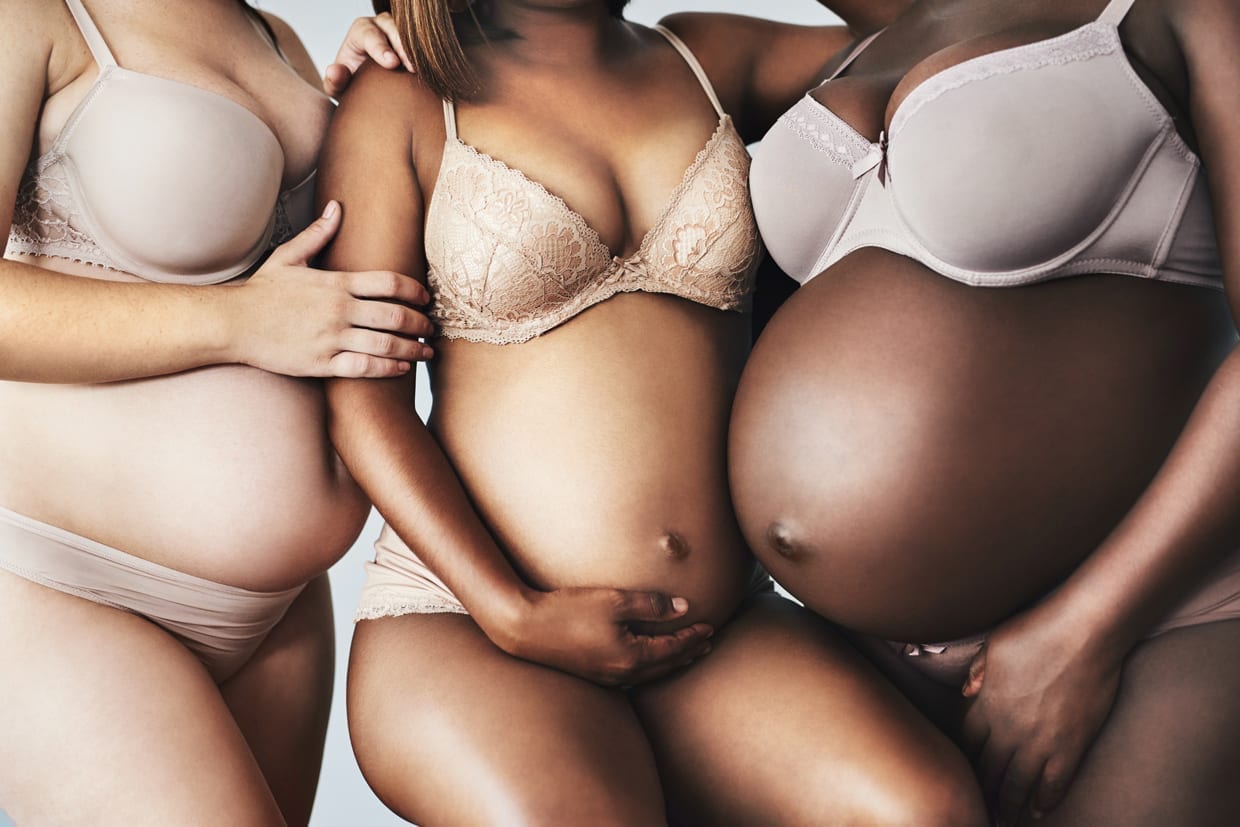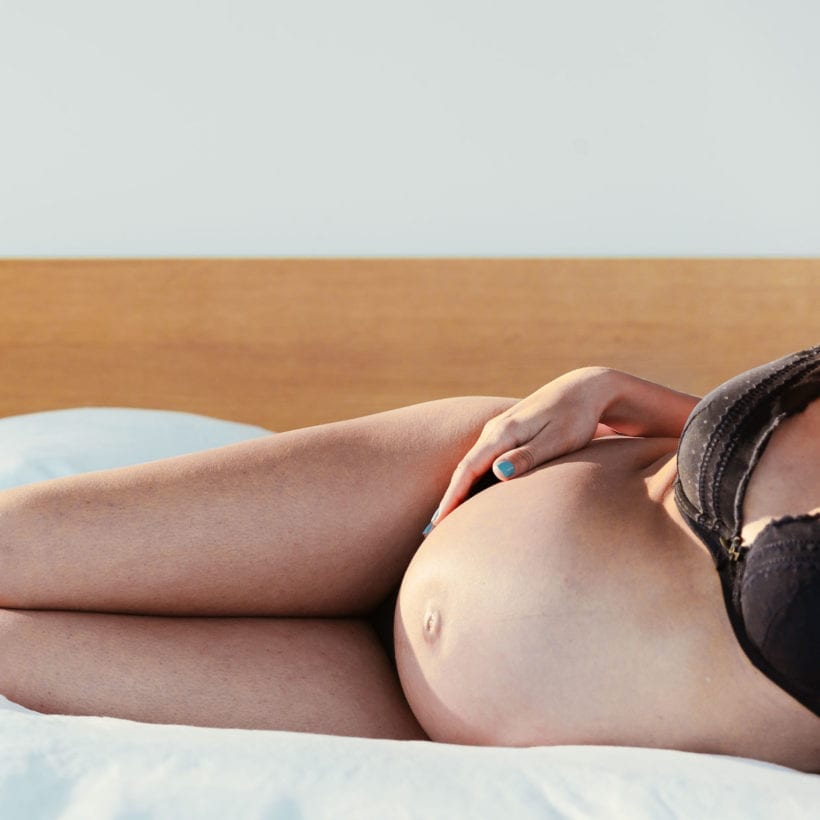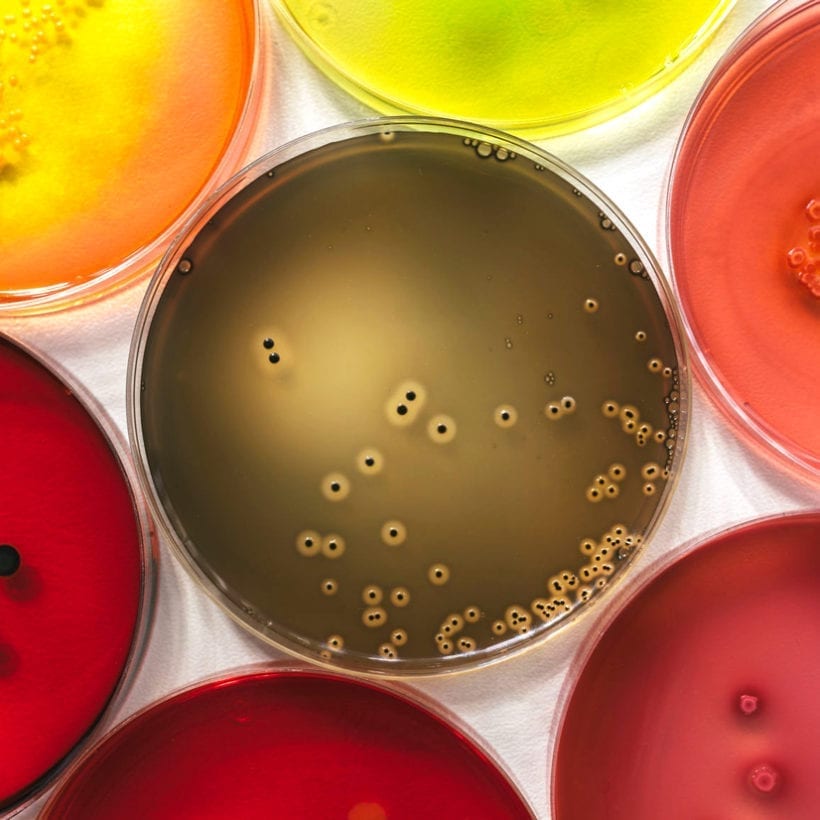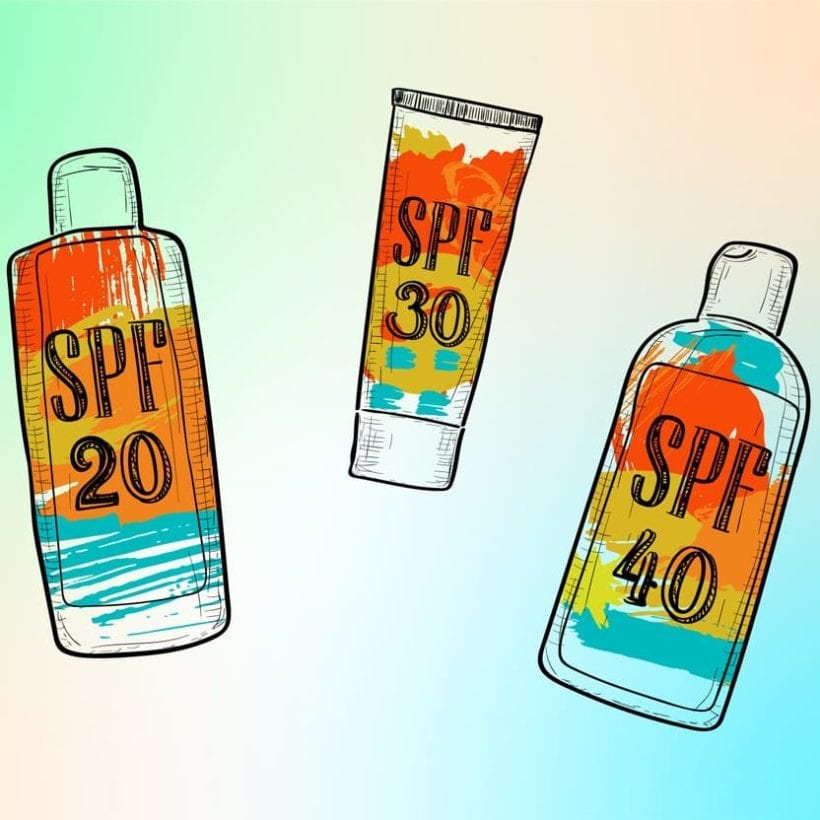With your skin being your body’s largest organ and the fact that what you apply to it is absorbed into your bloodstream, being conscious of what you do — and do not — reach for during pregnancy (as well as while breastfeeding) is important to many women. Your body’s changes during pregnancy also mean changes to your skincare routine. “This is a topic that I talk to a lot of my patients about,” says Deanne Robinson, M.D., assistant clinical professor at Yale School of Medicine and co-founder of Modern Dermatology in Westport, Connecticut. “And I give the same rules to pregnancy and nursing because the goal at both periods is to provide a healthy physiological state for you and the baby.”
According to the pros, here is a list of ingredients and types of beauty and skin care products to avoid during pregnancy and after while breastfeeding.
Retinol
Retinol is a form of vitamin A that promotes cell turnover to even out skin tone and spur collagen production to lessen lines. But how could a derivative of vitamin be bad? Well, using oral and topical retinol during pregnancy is not a good idea. Its prescription-strength cousin, retinoid, is also definitely off-limits. “They should be avoided at all costs during pregnancy,” says Howard Sobel, M.D., a New York City dermatologist. “The FDA [Food and Drug Administration] has oral isotretinoin (generic Accutane), classified as a pregnancy category X drug due to multiple studies and reports correlating it to birth defects such as congenital heart defects and developmental abnormalities. While we can’t do studies on topical effects of vitamin A derivatives on pregnant women, we’d rather be safe than sorry and advise all pregnant women to avoid both topical and oral retinoid.”
Using retinol while breastfeeding should also be avoided. Instead, Robinson recommends using safe, vitamin A alternatives that offer similar beauty benefits. “Look for peptides, which are proteins that help fortify the building blocks of skin,” she says.
Hydroquinone
“You definitely should not use hydroquinone while pregnant and nursing,” says Robinson. This controversial synthetic pigment reducer is available in the U.S. but banned in Europe, Japan and Australia because of it being considered a carcinogenic, cancer-causing ingredient. Stateside, the FDA has expressed concern about the ingredient and has said that more studies on its safety are needed. Until then, it is best to avoid hydroquinone during pregnancy and while breastfeeding.
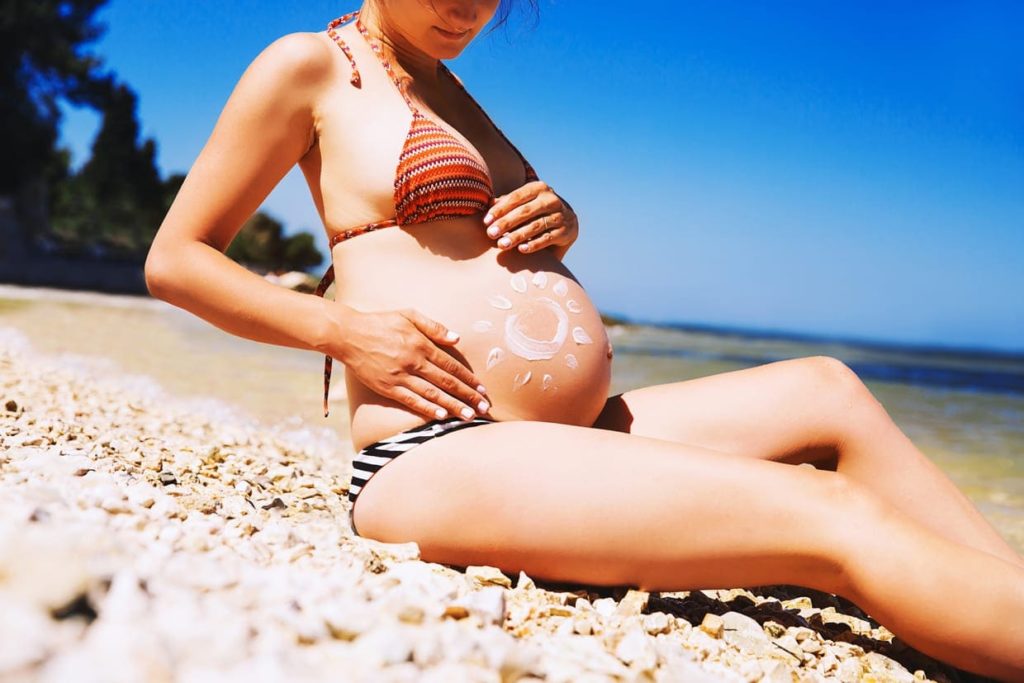
Chemical Sunscreens
The benefits of sunscreen — rain or shine, 365 days a year — is well known. But the formula you reach for is especially important now that you have a plus one. In February 2019, FDA researchers stated that more research is needed to determine how much of chemical SPF is absorbed into skin as well as the bloodstream, as they feel it may be higher than once thought. “We know that the sun causes premature aging, but also skin cancer, so skipping sunscreen altogether is not an option,” explains Robinson. Now is the time to avoid common chemical sunscreen ingredients (such as avobenzone, homosalate, octisalate, octocrylene, oxybenzone, octinoxate, menthyl anthranilate and octocrylene). Instead, opt for mineral-based formulas that contain zinc and titanium dioxide, which are a safer choice because they just sit on your skin to reflect UV light.
Formaldehyde
Most nail polishes are formaldehyde-free now but do not just pick out an on-trend hue from the nail salon from a brand you have never heard of. Before painting it on, give it a Google to be 100 percent sure. This super-toxic chemical is also found in hair straightening keratin treatments as well as eyelash glue. “When inhaled, it can cause birth defects, especially during the first trimester,” Sobel notes.
Steroid Creams
If you suffer from eczema, contact dermatitis or psoriasis, a prescription hydrocortisone cream is likely a common product you reach for to calm inflammation. If not, an over-the-counter (OTC) version may be in your medicine cabinet for more sporadic skin issues from an itchy bug bite, to a random rash, etc. Yes, OTC kinds are considered safe to use, but you may want to limit the use to occasional or skip altogether during pregnancy. “Know that more potent, prescription-strength steroids could be harmful,” explains Sobel. “When you are expecting, always ask your OB-GYN and your dermatologist on the safety of every prescription topical product before applying them.”
Parabens and Phthalates
While these super-common preservatives are still often found in many skincare lines to help keep ingredients potent, bacteria at bay and therefore extend their shelf life, there are now more brands than ever that steer clear of these potentially harmful ingredients. The concern? Some studies suggest that they can penetrate the body through the skin and disrupt estrogen production and have a potential link to an increase in breast cancer and toxicity in the body. Sobel recommends playing it safe and to “keep away propyl, butyl, isopropyl, isobutyl and methyl parabens.”

Beta Hydroxy Acids
If you love an at-home peel or pad to look radiant, now is the time to put them down and let your natural pregnancy glow take over. And if breakouts are a concern now that your hormones are going haywire, you may not want to reach for the spot treatment you typically use. “Salicylic acid, 3-hydroxypropionic acid, trethocanic acid and tropic acid are not recommended while pregnant,” says Sobel. ““Because these acids are also derived from vitamin A, despite that very little is absorbed into the skin during a peel, we still caution patients that these acids may lead to development abnormalities for pregnant women.” Before you cancel your pro-in-office peel, let them know you are expecting and see what they recommend. “Always seek a board-certified dermatologist for an in-office chemical peel, as they are trained to perform it safely on expecting moms,” he adds.
Dihydroxyacetone
You likely know this ingredient as DHA and if you do not, it is the bronze-maker found in most mainstream self-tanners. According to Sobel, applying faux tanning creams to your body here and there while pregnant (like for your bestie’s wedding or for a date night out) is OK but you want to avoid professional airbrush treatments which create ample fumes. “It could be harmful to you and your growing baby if inhaled,” he explains.
Hair Removers and Depilatories
Now is not the time to ditch your razor. Obviously, if you have ever had any form of an allergic reaction to hair removers previously then you do not want to give them a go again now. But even if you creamed up before and been fine, your skin’s sensitivity level may be different now that you are expecting. “The changes in our hormones affect our immune system, which affects our skin sensitivity during pregnancy. Expecting moms may find themselves allergic to products or ingredients that they’ve never reacted to before,” explains Sobel. “Do a patch test on a small piece of skin on your arm or leg, then wait 24 hours to see if you have a negative reaction.” Experts also add that you also may want to limit the use to sporadic verses regularly, since now is the time to keep interactions with chemicals at a minimum.
And remember: If you are ever unsure about an ingredient or product that you can’t wait to drop into your shopping cart, “it’s always best to speak with your doctor who can provide you with safe alternatives during your pregnancy,” says Sobel. Sunday Riley also has a collection of pregnancy-safe skincare products that are loved by expecting and breastfeeding mothers.

We only recommend products we have independently researched, tested and loved. If you purchase a product found through our links, Sunday Edit may earn an affiliate commission.
